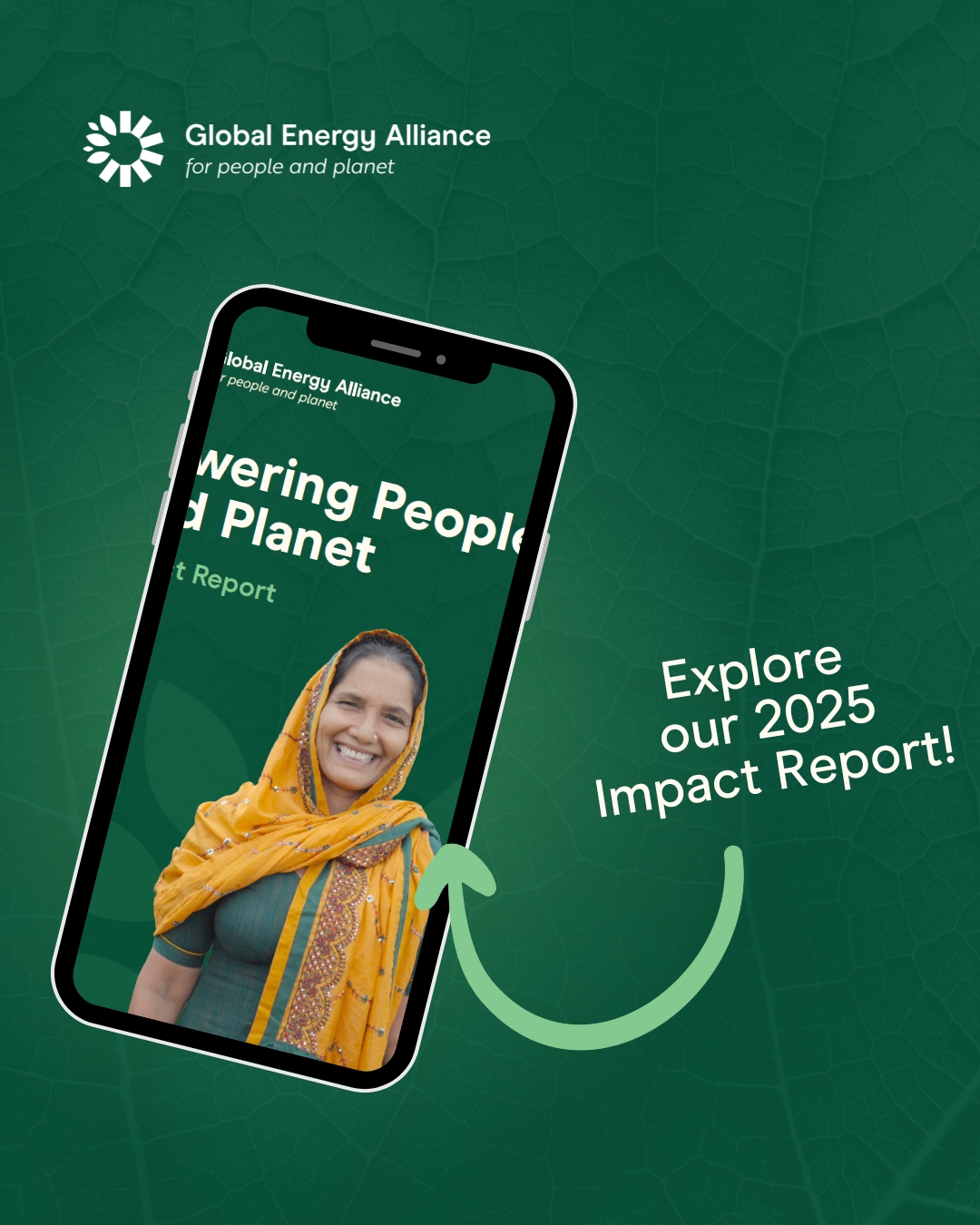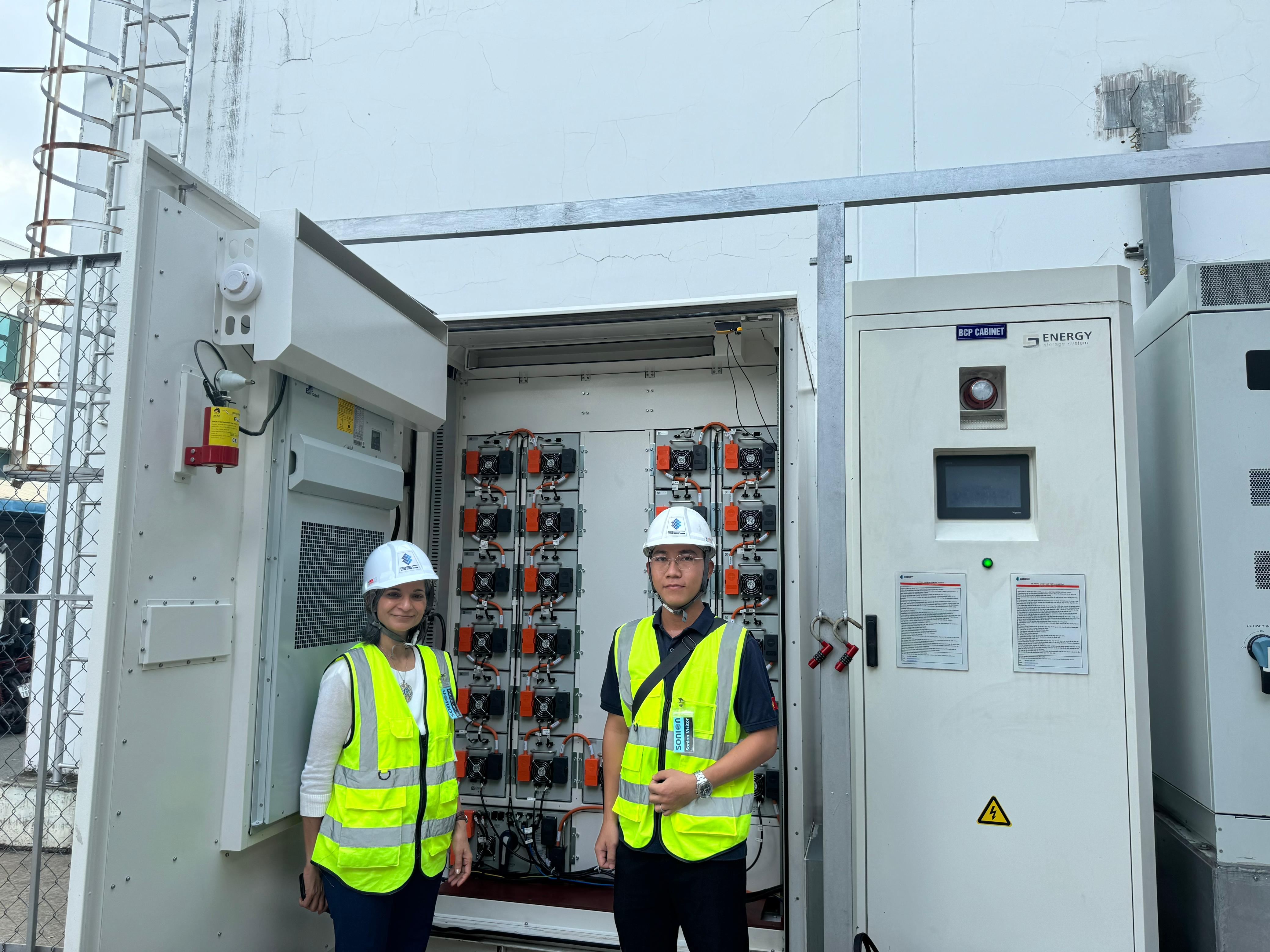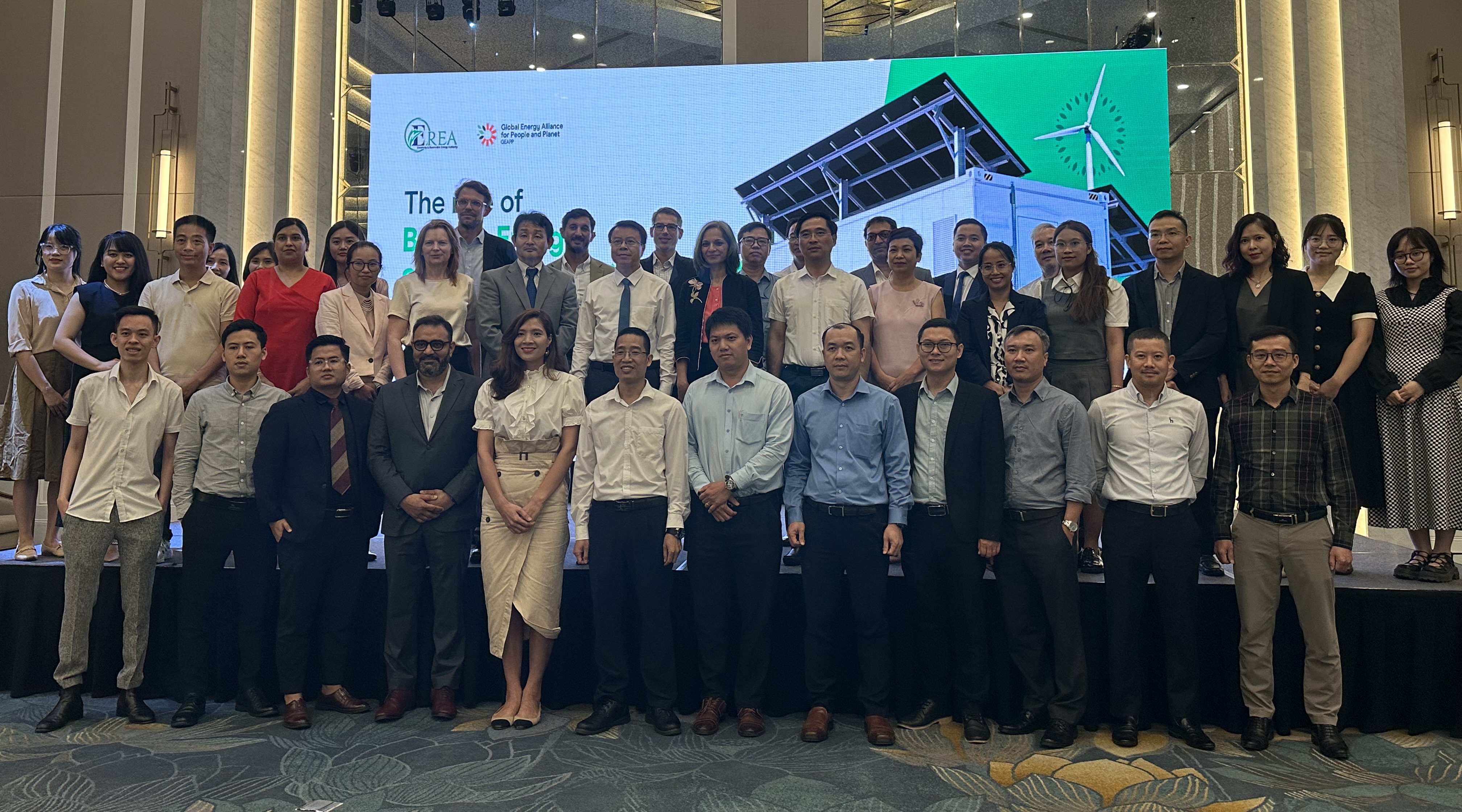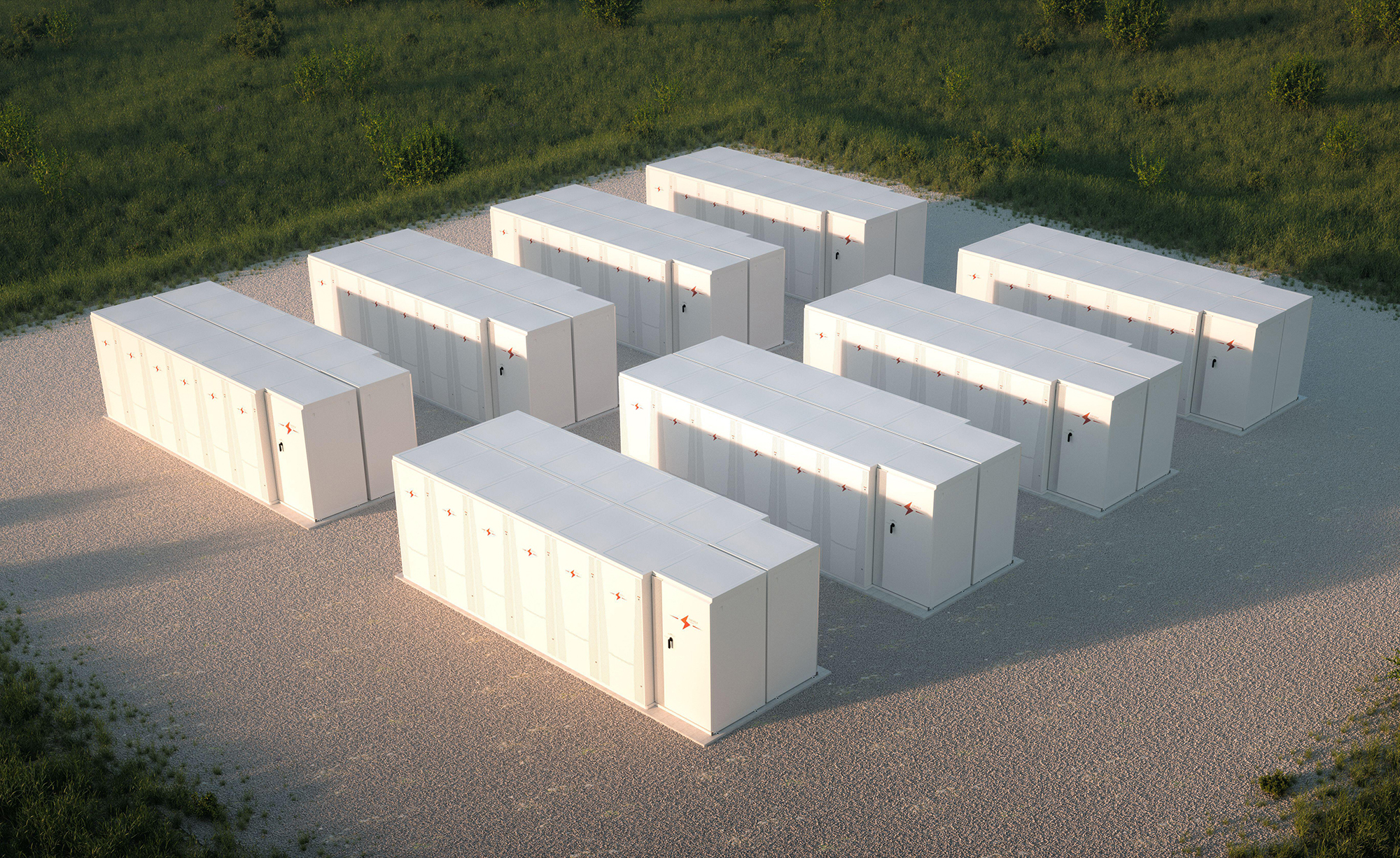GEAPP, Government of Malawi launch the construction of 20 MW battery energy storage system (BESS) in Lilongwe

Lilongwe, Malawi | 25th November 2024 ― The Global Energy Alliance for People and Planet (GEAPP) and the Government of Malawi have officially launched the construction of a 20 MW battery energy storage system (BESS) at the Kanengo substation in Malawi’s capital city, Lilongwe. This is GEAPP’s first BESS project in Africa.
GEAPP is providing up to $20 million in grant funding to the Electricity Supply Corporation of Malawi (ESCOM) to support the design, procurement, installation, and operation of the BESS site. The Government of Malawi and ESCOM are providing match funding. The planned commission date is in 2025.
In Malawi, where as much as 74% of the population lack access to electricity, the country’s hydro-dominated renewable generation mix has been significantly impacted by climate change. Unpredictable rainfall patterns pose risks to the reliability of major hydropower stations that contribute 70% of the country’s electricity installed capacity. By improving voltage levels and reducing power outages, the project will significantly enhance the reliability of clean energy for grid-connected houses, industries, and critical public infrastructure, including hospitals, schools, and water supply systems.
The project will also contribute to a cleaner energy future for Malawi, reducing reliance on costly diesel generators, cutting carbon emissions by ~10,000 tonnes annually, and unlocking the full uptake of at least 100 MW of variable renewable energy, such as solar and wind power, into the grid.
Joseph Nganga, Vice President for Africa, GEAPP, said: “GEAPP is proud to work with the Government of Malawi to implement this landmark project which further demonstrates the value of grid services as a business model on the continent. By enhancing the stability and resilience of Malawi’s grid, it demonstrates the power of collaboration in advancing energy access, reducing emissions, and supporting livelihoods. We look forward to continuing our partnership with the Government of Malawi to support the country’s ambition to achieve universal electricity access by 2030 as we pursue the goals of Mission 300: connecting 300 million Africans to electricity by 2030 at unprecedented scale and speed.”
BESS offers an opportunity for countries like Malawi to integrate least-cost renewable electricity such as solar and wind. By breaking ground for this BESS project (and its subsequent completion expected in 2025), Malawi is an important proof point for the BESS Consortium launched by GEAPP at COP28 to secure 5 gigawatts (GW) of BESS commitments in low and middle income countries (LMICs) by the end of 2024. Alongside Malawi, first mover countries including Barbados, Belize, Burkina Faso, Egypt, Ghana, Honduras, India, Kenya, Mauritania, Mozambique, Nigeria, Uruguay, and Togo have all committed to the Consortium.
The Malawi BESS project will guide the scale-up of BESS projects in the Consortium’s participating countries. To alleviate energy poverty by 2030 and save a gigaton of CO2 in low and middle-income countries, it is estimated that 90 GW of BESS must be developed to support the required 400 GW of renewable energy.
Dr. Lazarus McCarthy Chakwera, President of Malawi said: “I am grateful to the Global Energy Alliance for People and Planet for putting money where its mouth is, for it has taken no small measure of courage for GEAPP to put 20 million dollars on the line towards the construction of a 20MW battery energy storage system that is the very first of its kind in the whole of Africa, nor has it taken a small measure of resolve on our part as Government to commit to match that funding in the spirit of true partnership.”
The Malawi BESS project aligns with the COP29 Presidency’s Global Energy Storage and Grids Pledge, targeting a sixfold increase in energy storage to 1500GW and significant grid expansion by 2030—critical for tripling renewables and decarbonising the power sector.
About Global Energy Alliance for People and Planet (GEAPP):
The Global Energy Alliance for People and Planet (GEAPP) is an alliance of philanthropy, governments, technology, policy, and financing partners. Our common mission is to enable emerging and developed economies to shift to a clean energy, pro-growth model that accelerates universal energy access and inclusive economic growth while supporting the global community to meet critical climate goals during the next decade. As an Alliance, we aim to reduce 4 gigatons of future carbon emissions, expand clean energy access to one billion people, and enable 150 million new jobs. With philanthropic partners the IKEA Foundation, The Rockefeller Foundation and Bezos Earth Fund, GEAPP works to build the enabling environment, capacity, and market conditions for private sector solutions, catalyze new business models through innovation and entrepreneurship, and deploy high-risk capital to encourage private sector solutions and assist just transition solutions. For more information, please visit www.energyalliance.org and follow on X at @EnergyAlliance.
Media Contacts
- Emmanuel Balogun, Associate Director Africa Practice: ebalogun@africapractice.org



